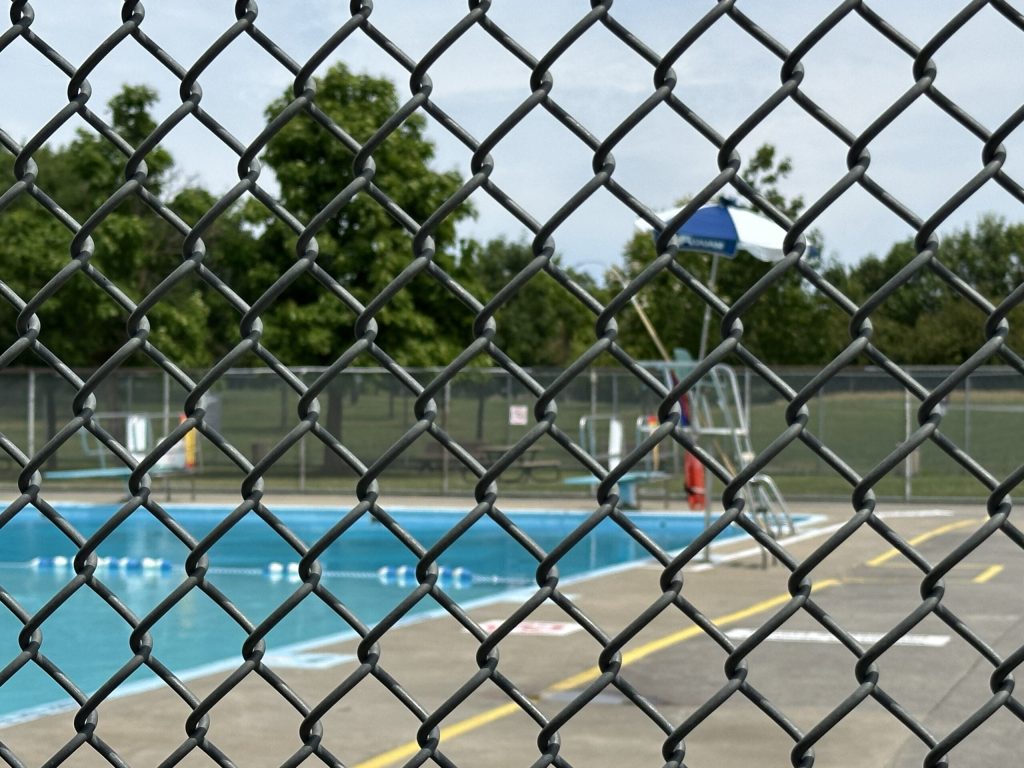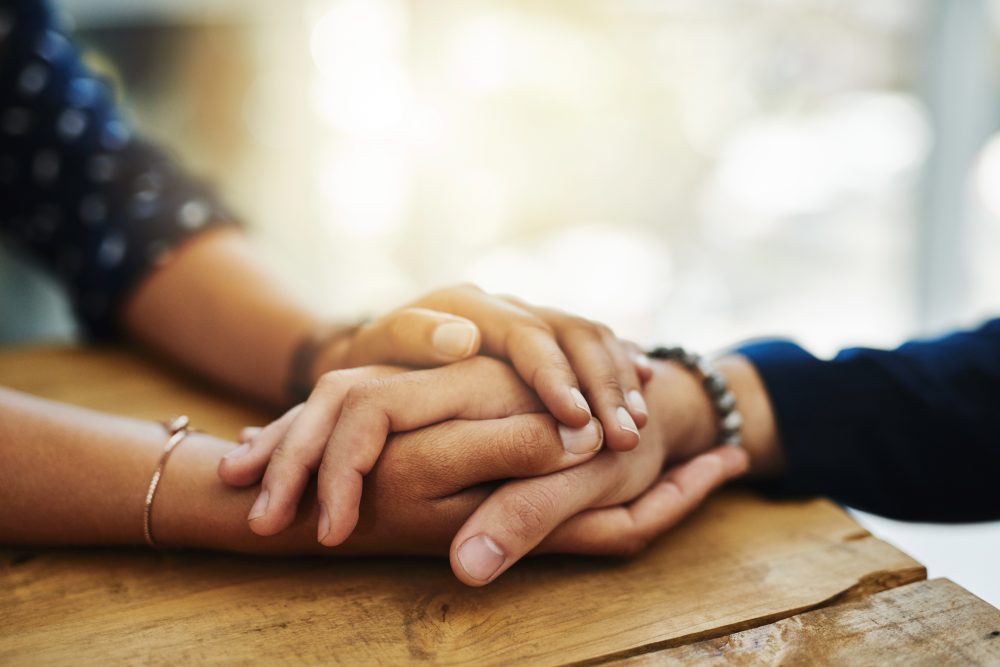It’s National Drowning Prevention Week in Canada, and in Quebec this summer is expected to be worse than last year’s in terms of drowning deaths.
So far, at least 37 people have drowned since the beginning of the year in the province, compared to 31 last year – with rivers being the main place of drowning.
“Everyone needs to respect the water and the strength of the water in the sense that it doesn’t matter if you are an experienced swimmer or a beginner swimmer. The risks are the same for everybody,” said Adam Di Fulvio, the president and CEO of the Montreal Institute of Swimming.
“Drowning takes only as little as 20 seconds to happen and it’s a silent killer. So you know it’s important that people are again aware of the risks and aware of what they can do.”
Last week, a 32-year-old man drowned at Montreal’s Verdun Beach – the third such fatal incident at that beach in about a month.
READ: Second drowning this month at Montreal’s Verdun Beach sparks calls for caution around bodies of water
“Never be alone,” said Raynald Hawkins, the executive director of the Lifesaving Society Quebec Branch. “When you’re close or in or on the water, never be alone because 50 per cent of the drowning victims they were alone. Doesn’t matter gender, age, boating or aquatic activities.”
Hawkins says there are 80 deaths annually, with 35 per cent of drowning taking place in rivers and 24 per cent in lakes. He ads that with construction holiday in full swing, more and more probability of fatalities can occur, urging Montrealer’s to follow water and boarding safety tips
“If you’re not a good swimmer, maybe you can stay in the shallow end of the beach or in the swimming pool,” he said. “If you want to go on the deep side, maybe you have to wear a personal floatation device.”
Di Fulvio of the Montreal Institute of Swimming echoes this, reminding swimmers to always be safe around water.
The experts say parents should be cautious when their child is around a pool as 17 per cent of drownings take place in pools – reminding to always be within arms length
“If your kid is not at arm reach, that means it’s too far, so doesn’t matter where you are,” Hawkins said. “And please play the role of lifeguard on duty when you have kids, here, swimming pool, backyard pool, cottage, it’s very important to watch your kids all the time.”
Di Fulvio said an incident had recently occurred in his neighborhood where a child had drowned at a party with adults present.
“A child actually drowned at a birthday party in a backyard pool surrounded by other people and adults and luckily one of the people was trained with CPR and was able to revive and save the child,” he explained.
RELATED: Summer 2025 is expected to be worse than the previous one in terms of drowning deaths in Quebec
Middle-aged men are the high-risk demographic when swimming in open water.
Picking up swimming lessons and avoiding alcohol when swimming are just some of the experts’ recommendations.
Hawkins and Di Fulvio add that oftentimes parents will lower their guard and become distracted, adding that backyard pools have the same inherent risk as going out and swimming in the open water.
“One drowning is too many so the fact that you know we have an entire week dedicated to raising awareness to drowning prevention is really great. I think it’s fantastic,” Di Fulvio said.
He reminds Montrealers of the “ABCDs” of backyard pool safety.
“A is to always watch your kids, not from the kitchen window and not while you’re playing on your phone sitting pool side.” he said.
“B is to be able to swim,” he said. “Kids can start swimming lessons as young as three months, they should be doing it year-round.”
“C is the checklist for backyard pools,” he explained reffering to understanding new regulations and guidelines.
“D is to discuss pool safety with your family,” Di Fulvio said. “Make sure you have a set of rules amf post them. Make the kids draw out the rules and you know literally put it up on the fence by the side of the pool.”
Both experts say drownings often happen and are only discovered after the fact, as most drownings occur when one is alone.
“By always being let’s say paired up with someone, having a swimming buddy, and just making sure that you’re never alone in the water, you can essentially save the other person.”





